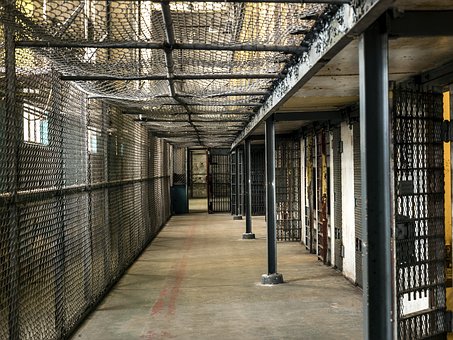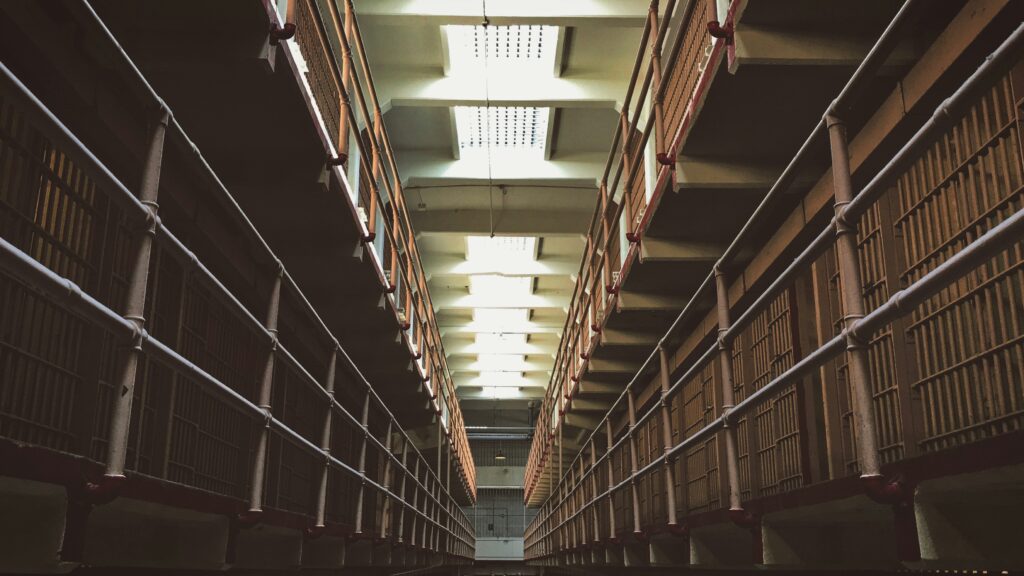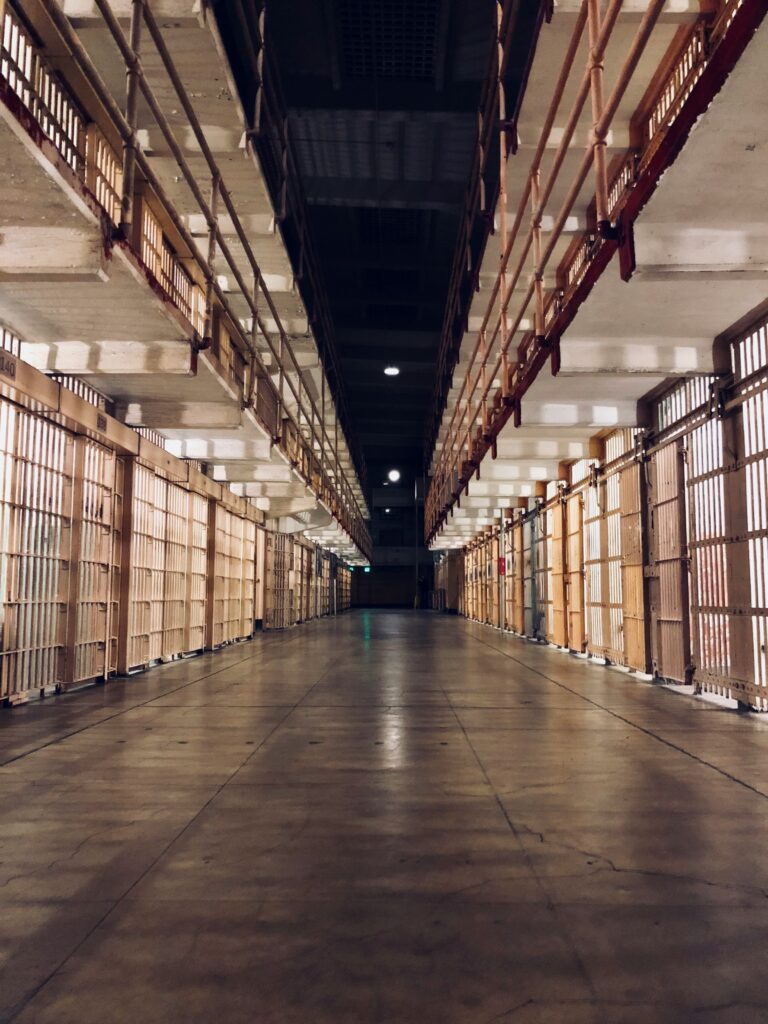In addition to curtailing cannabis-related arrests, the Marijuana Policy Project (MPP) and other organizations are calling for the release or clemency for people incarcerated for cannabis offenses as well as a reduction of incarcerated non-violent prisoners, whether they’ve been sentenced or not.
Public health experts have warned that the coronavirus poses a threat not only to inmates, but to prison staff, their families and communities. Prison overcrowding, cramped and unsanitary conditions will inevitably enable the coronavirus to spread.
In fact, it already has. Jails are seeing a spike in confirmed COVID-19 cases as public health and correction officials issue dire warnings.
Jails in New York City, the epicenter of the outbreak in the United States, have reported at least 52 inmates and 30 prison staffers have tested positive for coronavirus.
Inmates around the country are also testing positive.
Cities and towns in a variety of states, including Baltimore; Massachusetts; Cuyahoga County, Ohio; New Jersey; Los Angeles; and New York City, have begun to release inmates incarcerated for non-violent, drug-related offenses. The Federal Bureau of Prisons recently imposed a 14-day quarantine.
The U.S., which has the highest incarceration rate of any nation in the world, is currently holding roughly 2.3 million people behind bars in the country’s disparate system of confinement that includes thousands of jails, state and federal prisons.
Non-violent cannabis prisoners should all be released.
“There is no justification for arresting and jailing individuals for marijuana offenses during this crisis. It is in the best interest of law enforcement and the greater population to cease marijuana arrests and reduce arrests for non-violent crimes,” said Steve Hawkins, Executive Director of MPP in a March 26 letter to the National District Attorneys Association, National Governors Association, National Sheriffs Association, National Association of Chiefs of Police, National Fraternal Order of Police, American Correctional Association, National Correctional Industries Association, and the American Federation of County, State and Municipal Employees (AFSCME).
“It is also vital for individuals who are incarcerated for cannabis offenses to be released or granted clemency in order to prevent a potentially disastrous and deathly situation,” Hawkins continued.
Hope for one elderly prisoner
One of the longest-held pot prisoners in the United States is John Knock, a nonviolent first-time offender who has been serving two life sentences, without parole, since 1996 for conspiracy to distribute cannabis. He is 72 years old.
Knock, who never plea-bargained nor turned states’ evidence, was convicted on a conspiracy charge where no weed was actually found.
Possible Relief in Sight for Cannabis Prisoners
Attorney David Holland, former legal counsel for High Times magazine, recently filed a clemency motion based on the compassionate release prong of the First Step Act (FSA), a bipartisan criminal justice reform bill passed in December 2018.
Holland told The Weed Blog that a full pardon for Knock might not be feasible in view of the crises occurring around the country. “But, with the real fear of coronavirus so prevalent among the elderly and particularly on elderly inmates, I hope the judge will grant it and send him home.”
We all hope the same for John Knock and the thousands of non-violent prisoners behind bars around the country.





